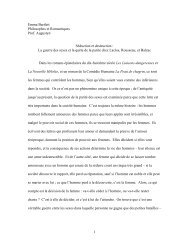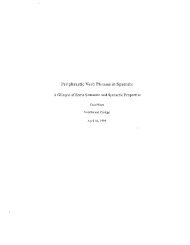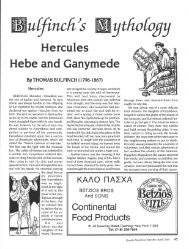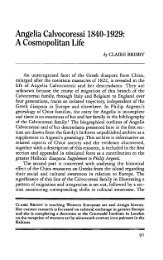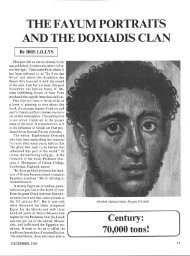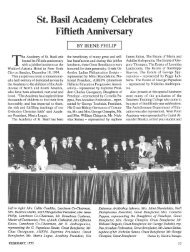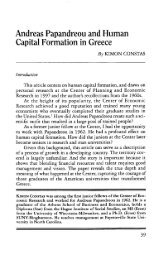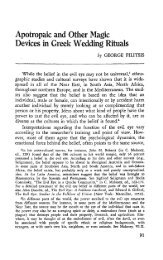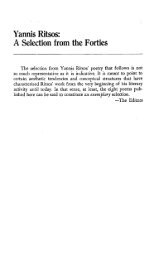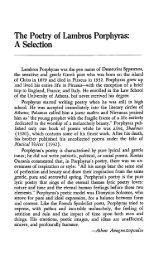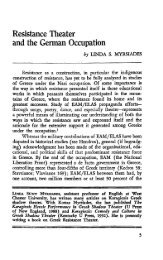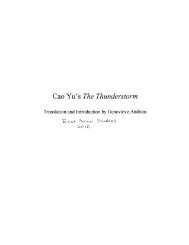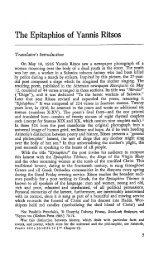Translating Neruda: Femininity and Sensuality ... - Triceratops Home
Translating Neruda: Femininity and Sensuality ... - Triceratops Home
Translating Neruda: Femininity and Sensuality ... - Triceratops Home
You also want an ePaper? Increase the reach of your titles
YUMPU automatically turns print PDFs into web optimized ePapers that Google loves.
Natalie Mueller<br />
<strong>Translating</strong> <strong>Neruda</strong>: <strong>Femininity</strong> <strong>and</strong> <strong>Sensuality</strong> Domesticated<br />
Pablo <strong>Neruda</strong> is one of the best-known Latin American poets of the twentieth<br />
Mueller 2<br />
century. Motifs of love, intimacy, nature, politics, <strong>and</strong> patriotism pervade his poetry, but<br />
his work defies straightforward categorization, having evolved discernibly over the<br />
course of his life. His published work spans six decades, but despite starting his writing<br />
career in 1924 at the age of twenty <strong>and</strong> achieving extensive recognition throughout Latin<br />
America <strong>and</strong> much of Europe, he was not widely recognized in the United States until<br />
late in his career. In <strong>Translating</strong> <strong>Neruda</strong>: The Way to Macchu Picchu, John Felstiner<br />
argues that there are two reasons that neither he, his students, or his colleagues outside of<br />
Hispanic studies were familiar with <strong>Neruda</strong> by the 1960s: that American anti-communist<br />
sentiment alienated <strong>Neruda</strong> from most of the North American public, <strong>and</strong> that “the few<br />
translations of his work either were out of print by 1966 or were unconvincing as verse in<br />
English” (7). The boom in translation of <strong>Neruda</strong>’s work began after the author’s visits to<br />
Engl<strong>and</strong> <strong>and</strong> the United States in 1965 <strong>and</strong> 1966, <strong>and</strong> grew in the following years. After<br />
he received the Nobel Prize in 1971, his status as a poet of renown was incontrovertible,<br />
<strong>and</strong> by that time, his communist political orientation no longer presented quite the barrier<br />
that it had previously.<br />
The poetry of Pablo <strong>Neruda</strong> has now been extensively translated into English,<br />
with published versions by thirty-nine different translators (Stavans 946-949). Some of<br />
these translations were made near the start of <strong>Neruda</strong>’s own career, with the earliest<br />
published in 1944, <strong>and</strong> a plenitude of translators continue to be inspired to translate his<br />
work to this day. For many readers, these translations shape their approach to <strong>Neruda</strong>’s



